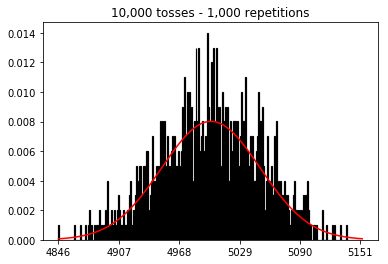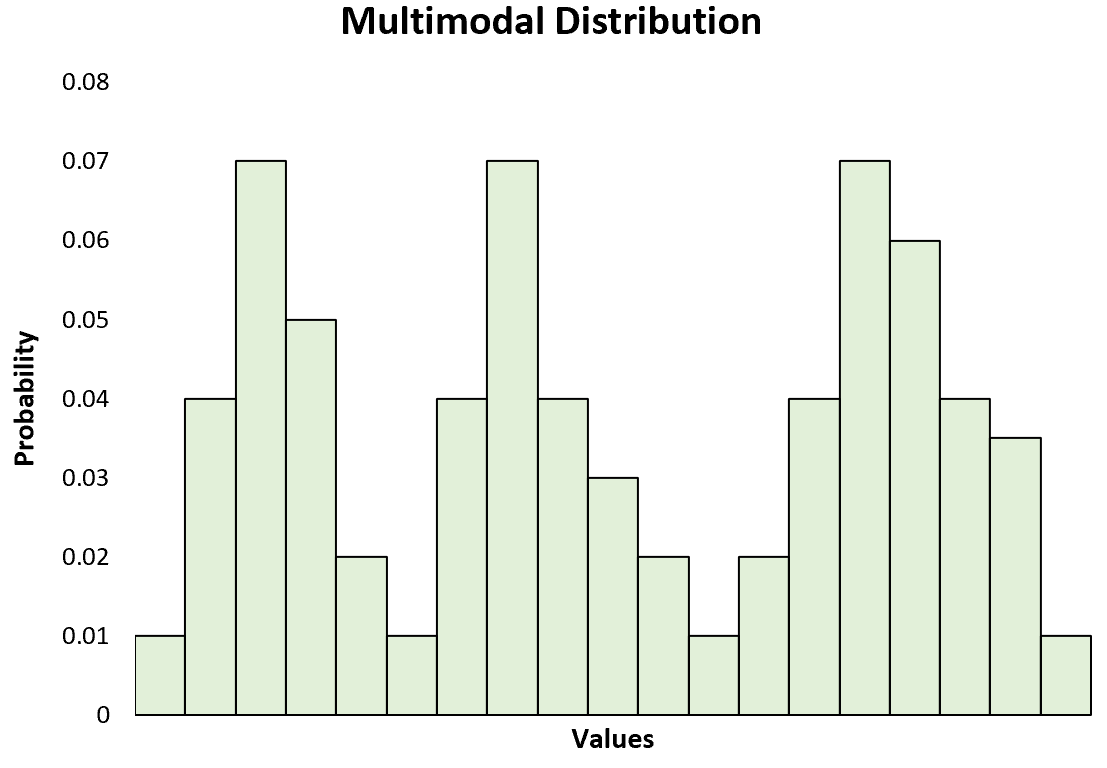durangodawood
re Member
- Aug 28, 2007
- 28,646
- 20,277
- Country
- United States
- Gender
- Male
- Faith
- Seeker
- Marital Status
- Single
I didnt have a reason. I created a brand new one there, on the spot.You had a reason, or something caused you, or provoked you, or made you, or caused you, or "whatever", etc, to change or make that decision, etc.
And it could have been any number of things, the very least of which was your choosing it completely randomly, or of your own supposed free will, or 100% completely arbitrarily, etc.
And then those previous reasons also had causes, and so on and so forth, etc, and you did not choose it or change it ever at all 100% arbitrarily, etc.
And the "reason" I am not giving specifics right now, is because there are just way "too many", etc, but they all played a part in your choosing, etc.
And all of these things can be known, or can calculated/laid out mathematically, etc.
God Bless!
Now I did have pre existing preferences and all sorts of other conditioning that typically sway decisions this way or that. But in this case I added a brand new reason, which happened to prevail.
While I can see you have an intuitively compelling argument, I'm thinking you may have over-promised by offering proof of your position.
Upvote
0



